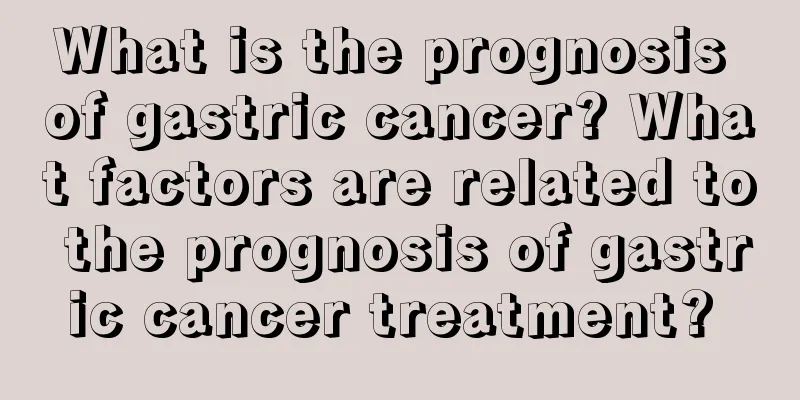Cold sweats on chest at 3am

|
In our current lives, many people have frequent nightmares and night sweats when they sleep at night, especially in the early morning. This phenomenon will become more serious. Sometimes there will be chest pain. When you wake up in the morning, you will feel a severe headache. After a night of sleep, the body will still feel particularly tired. These are all symptoms of nocturnal hypoglycemia. Cold sweats on your chest at three in the morning should alert you to the possibility of a cold or nocturnal hypoglycemia. If the symptoms recur, you can go to the hospital for a blood sugar test. Causes of nocturnal hypoglycemia 1. Eating too little: As the weather gradually turns cooler, the human body consumes more energy. Since it gets dark early, dinner time may be advanced, and since the nights are long and the days are short, breakfast time may be postponed. Therefore, the time interval between dinner and breakfast will be longer than in summer. If the amount of food intake and exercise is still the same as usual, nocturnal hypoglycemia may occur. The result is that the incidence of hypoglycemia may be higher in autumn and winter than in summer. 2. Too much exercise: The period from dinner to the next day's breakfast is long. If you eat less at dinner, do too much activity after dinner without replenishing food, or have poor gastrointestinal function, frequent bowel movements, insufficient absorption of nutrients or excessive loss of nutrients, the body will suffer from insufficient energy reserves. 3. Not well treated: During drug treatment, especially insulin treatment, if the dosage and maintenance time of long-acting and short-acting insulin are not well controlled, or if patients taking oral sulfonylurea hypoglycemic drugs overdose or use them improperly, they are more likely to experience hypoglycemia. Consequences of hypoglycemia Milder symptoms of hypoglycemia can disappear quickly as blood sugar returns to normal, but symptoms of brain dysfunction may take hours, days, or even longer to disappear. Since brain cells can only rely on glucose for energy, hypoglycemia can easily cause ischemia and hypoxia of brain cells. Severe and persistent (>6 hours) hypoglycemia can lead to permanent brain dysfunction or death. Repeated hypoglycemia can also easily lead to memory loss and increase the risk of Alzheimer's disease. It can also reduce the warning symptoms of hypoglycemia and even cause hypoglycemia coma without warning symptoms. Hypoglycemia in the elderly can easily induce complications such as arrhythmia, angina pectoris, myocardial infarction and cerebrovascular accident. Acute hypoglycemia may also cause cerebral edema. |
<<: It's not my period but I have a small amount of bleeding
>>: Pain in the middle of the chest above the stomach
Recommend
What are the chemotherapy options for lung cancer
It is currently believed that tumors are not a si...
Combined with the diagnosis of lymphoma, it helps the patient's condition
Nowadays, many people may suffer from lymphoma. T...
How long does it take to recover from hemisection of thyroid cancer
After hemisection of thyroid cancer, the length o...
Can I get pregnant if I am positive for herpes simplex virus type 1
The public doesn't seem to know much about he...
How should liver cancer be diagnosed
The occurrence of liver cancer brings great harm ...
The best trick to eliminate eye wrinkles
As women age, their skin begins to deteriorate, a...
How to use primer correctly
Putting on makeup is something women must do ever...
How to effectively cure melanoma
There are many large and small skin hospitals and...
Is the negative ion generator useful?
I find that there are still many people in life w...
Typical symptoms of thyroid cancer
Typical symptoms of thyroid cancer include neck l...
What is the reason for the heat in the body?
Experts say that internal heat in the body is a m...
Can rubbing ginger on the scalp help grow hair?
Ginger is a common ingredient in our lives. It ha...
How to remove smoke stains from teeth with vinegar
In daily life, many of our eating habits and dail...
What medicine is used for endometrial cancer? You can take these types of medicine
Endometrial cancer patients can use antibiotics, ...
What are the symptoms of pulmonary hypertension?
Pulmonary hypertension is actually a similar dise...









